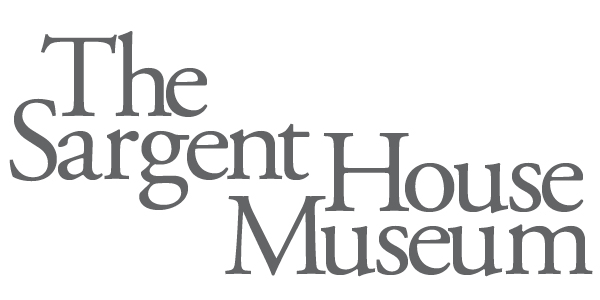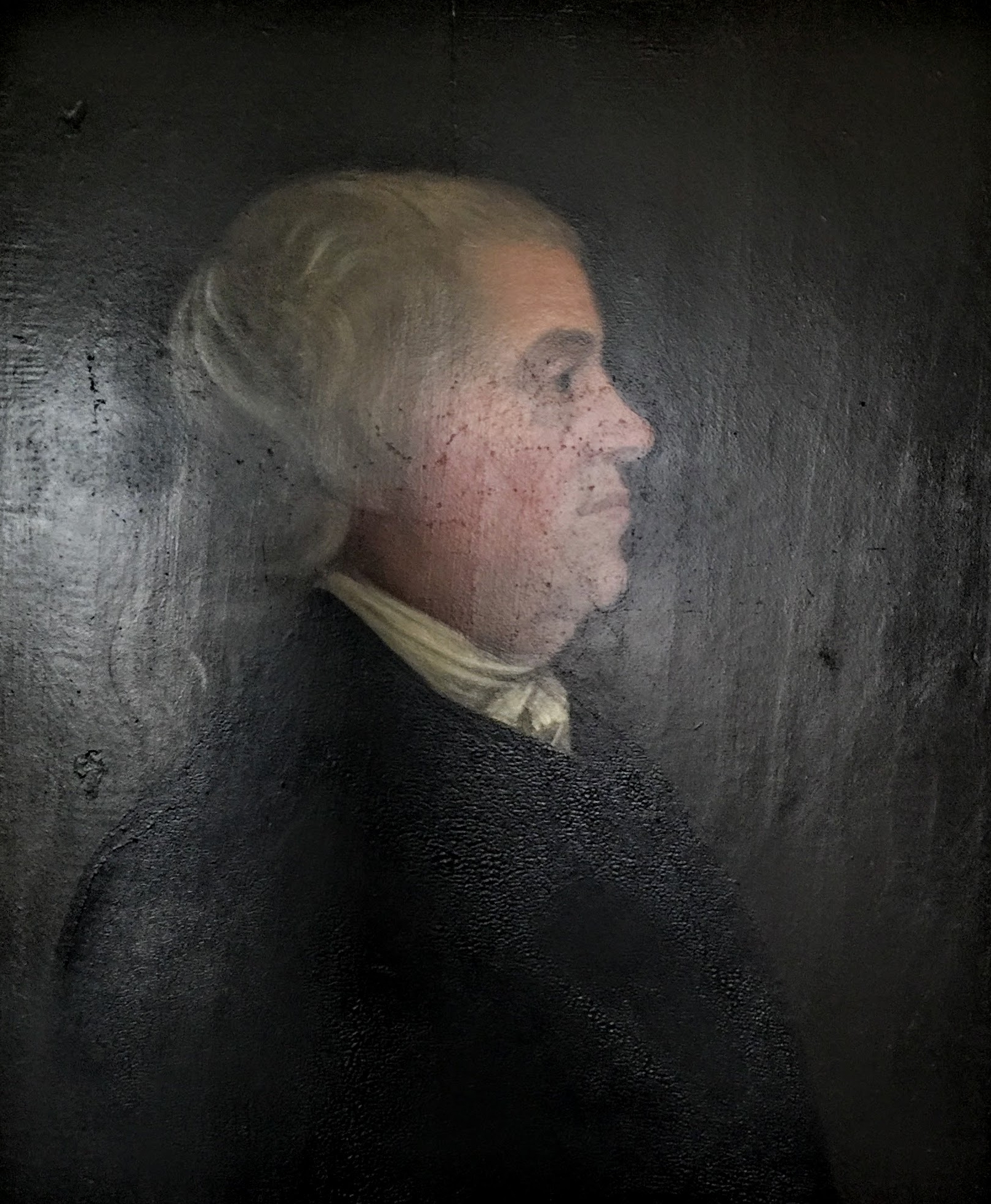Reverend John Murray
The Reverend John Murray was born in England and was associated with theologians John Wesley and George Whitfield. He became a disciple of the Reverend James Relly, a London clergyman whose writing formed the doctrinal basis for the Universalist denomination. In 1770, after the death of his first wife and their only child, Murray came to America where he took up the life of an itinerant preacher, spreading for the first time on American shores, the doctrine of universal salvation.
In 1774, Epes and Winthrop Sargent, brothers, who both had read Relly's writings, invited Murray to Gloucester to speak. After several visits, Murray settled in Gloucester and preached first in private homes and then, after 1780, in a small building Winthrop Sargent built as a place of worship. During the Revolution, George Washington appointed Reverend Murray as a chaplain in the American army. During the war Murray retired from this position and returned to Gloucester due to poor health.
The Rev. John Murray was brought to Gloucester to preach Universalism by Judith’s father Winthrop. Because Congregationalism (what we know today as Puritanism) was the official state religion, all parishioners were expected to pay pew taxes to the First Parish Church in Gloucester. The Sargents, Stevens’ and others refused to do that, paying their taxes instead to the Universalist church (today’s Independent Christian Church down the street). Eventually this case was tried in the Massachusetts Supreme Judicial Court and the Universalists won, thereby establishing the legal precedent for the separation of church and state. In these excerpts from Letter 613 to her cousin, Mrs. Gardiner, Judith explains that because the Universalists prevailed, all the marriages that John Murray had performed prior to the trial were now deemed to be legal.

